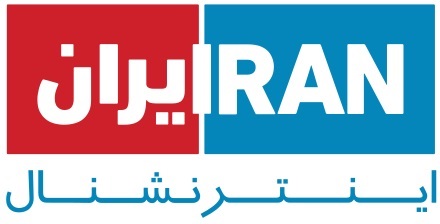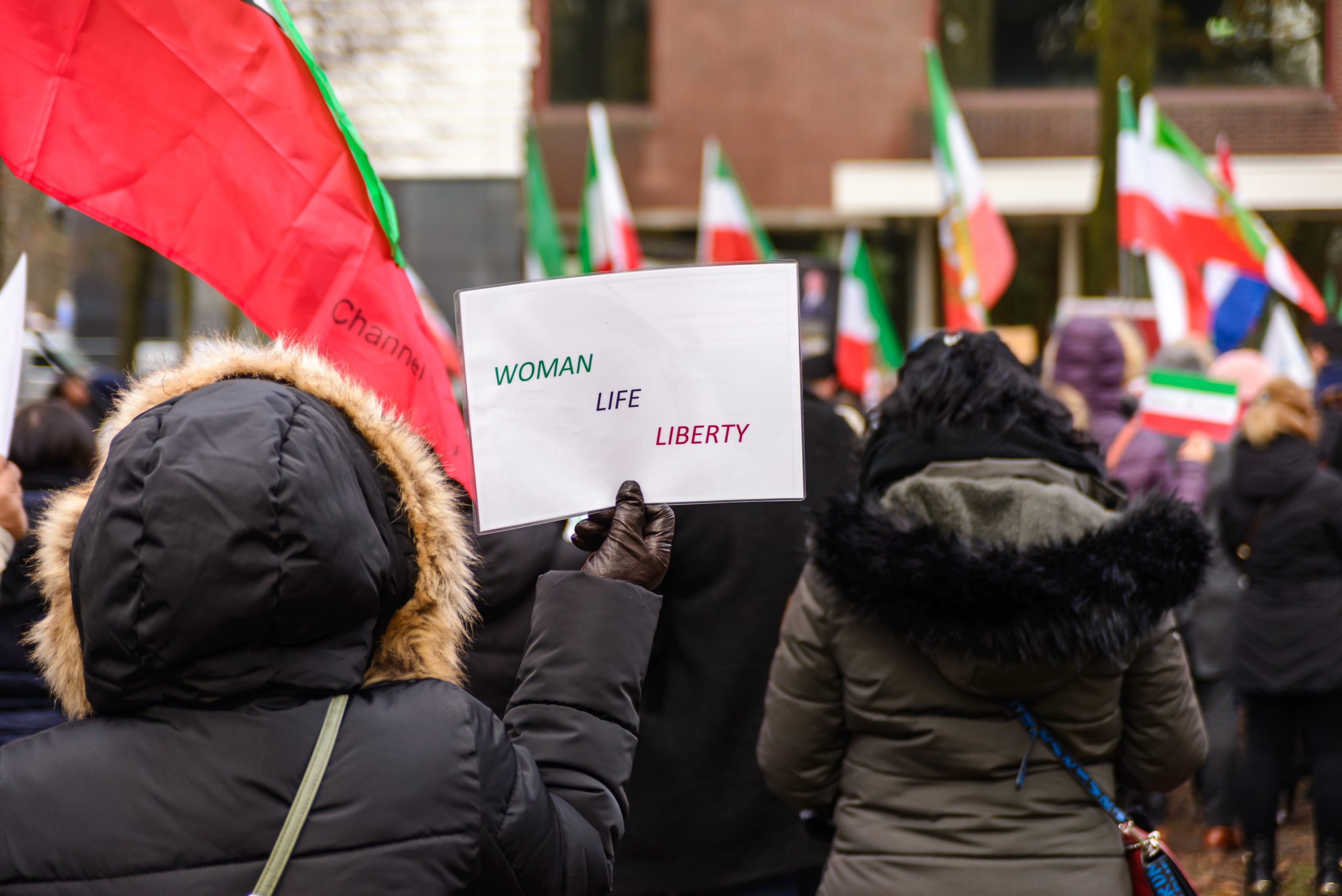More than 30,000 people gathered in Brussels on February 20 to call on the European Union to designate Iran’s Islamic Revolutionary Guard Corps (IRGC) as a terrorist group. It’s a bold and potentially dangerous move for people to openly condemn the IRGC whose operatives have intimidated and harassed anti-regime protesters in the West for years. It’s an open secret that Iran keeps close tabs on anti-regime protesters living in Western democracies.

Just recently, Iran International, a television channel operated by anti-regime dissidents in the United Kingdom was forced to close down in England after Scotland Yard warned staffers that the police could not protect them from being attacked “by Tehran-backed assassins or kidnappers.” In response to these threats, Iranian dissidents living in Europe and North America have gone to great lengths to ensure their personal security. Iranian dissidents in the U.S. have obtained gun permits to protect themselves.
None of these threats have stopped Iran’s diaspora community from coming out in force to protest the regime in the past few months. Protests calling for regime change in Iran took place in Paris and Los Angeles and in Washington, D.C. on February 11. The vast majority of the protesters at these events were Iranian citizens whose relatives are being brutally oppressed by the regime in the streets of Tehran and other major cities where crowds call for the ouster of Ali Khamenei’s regime in the aftermath of the September death of 22-year-old Mahsa Amini who died in police custody after she was arrested for not fully wearing a head scarf.
At the LA rally, one protester said she was at the event to promote the cause of regime change in Iran and to “give voice to the people in Iran, because my family back home they cannot have a loud voice.”
Protests like these — which stand as a generational rebuke to the protests targeting Salman Rushdie in the 1980s — are a turning point. The line between Islamists/regime supporters and secular Iranians in the Iranian diaspora was blurred before more than 500 people (including more than 70 children), were killed in Iran by the regime at the protests that began in September. The regime has sent thousands of people to hospital with brutal injuries and detained more than 20,000 in prison. The lines are now far more clearly drawn.
The dividing line playing itself out in Iranian diaspora communities is now very clear: people who are for a secular, free, and democratic Iran vs. people who are working for a globalist Shi`i Islamist hegemon which is promised by the Shi`i clerics for centuries.
According to the modern vision promoted by the revolutionaries of 2022-2023, Islam should be practiced as a religion of worship and congregation and not a religion of politics, Sharia, and identity. In this framework, a secular and democratic Iran will not be an enemy of the West and Israel, and national interests and security will be at the top of its agendas; secularism will replace Islamism and a democratically elected government will replace the Islamist totalitarian regime. Adherents of this movement do not want resources be wasted on expansionist policies. With the end of the regime’s global management project, the regime’s weapons of mass destruction production programs- missile, nuclear, or biological- will be discontinued.
The Shi`i clergy and their followers in the West believe in the Islamist vision. They think that they are the saviors of Iran and that without their Islamist regime, the country will undergo disintegration and collapse. According to these loyalists, no group except the current rulers can maintain the country’s territorial unity and safeguard the country’s interests and security and no group has the capacity to do these things more than the religious institutions and IRGC.
Iranian activists in the west promoting a secular-democratic vision for their homeland pursue three strategies to obstruct the regime’s Islamist campaign in the west. First, they are working to dismiss the Islamic Republic of Iran from all international and foreign entities as a rogue state and isolating it in the international arena. Second, they are disclosing the names of Shi`i Islamists who live in the West and support IRI and shaming them. And lastly, they are working to put the regime’s arms on the terror and sanction lists to contain it. They are running campaigns to close down the religious institutions funded and managed by the Islamist regime in Western countries and its proxies and the institutions whose administration is entrusted to the Islamic Republic by the Western governments such as the Islamic Center in Hamburg.
The Shi`i Islamists in the West are pursuing opposite strategies. They are establishing Shi`i Islamic centers, launching Shi`i schools, establishing proxy companies to purchase and export what the IRGC cannot officially buy from western companies, money laundering for the regime that is short in foreign currencies cash, running propaganda outlets for the regime, covering its crimes and atrocities, and organizing converted westerners for future actions. All of these are clearly against the national interests and security of the free world.
Threats to the protest organizers and media correspondents are part of Tehran’s policy of oppression against the Iranian diaspora.
Threats to the protest organizers and media correspondents are part of the regime’s policy of oppression against the Iranian diaspora. Abbas Eraqchi, secretary of the Foreign Policy Strategy Council and an advisor to the Minister of Foreign Affairs, said in a TV interview that the protest by the Iranian secular diaspora “is very dangerous. Dangerous in the sense that it affects our interests and we should take care of it. We should not allow this space to form more than this and move in the direction of reducing this space. This requires both diplomacy and series of correct policies. … However, we should not allow demonstrations and messages to be given against us.”
Majid Mohammadi is an Iranian-American sociologist and political analyst residing in the U.S., who contributes opinion and analysis to Persian, Arabic, and English news outlets. He has published dozens of books.
